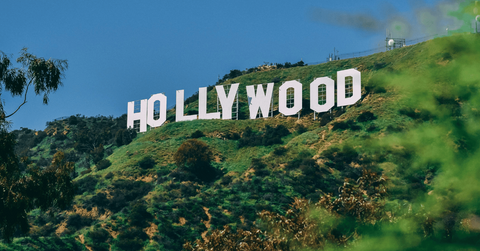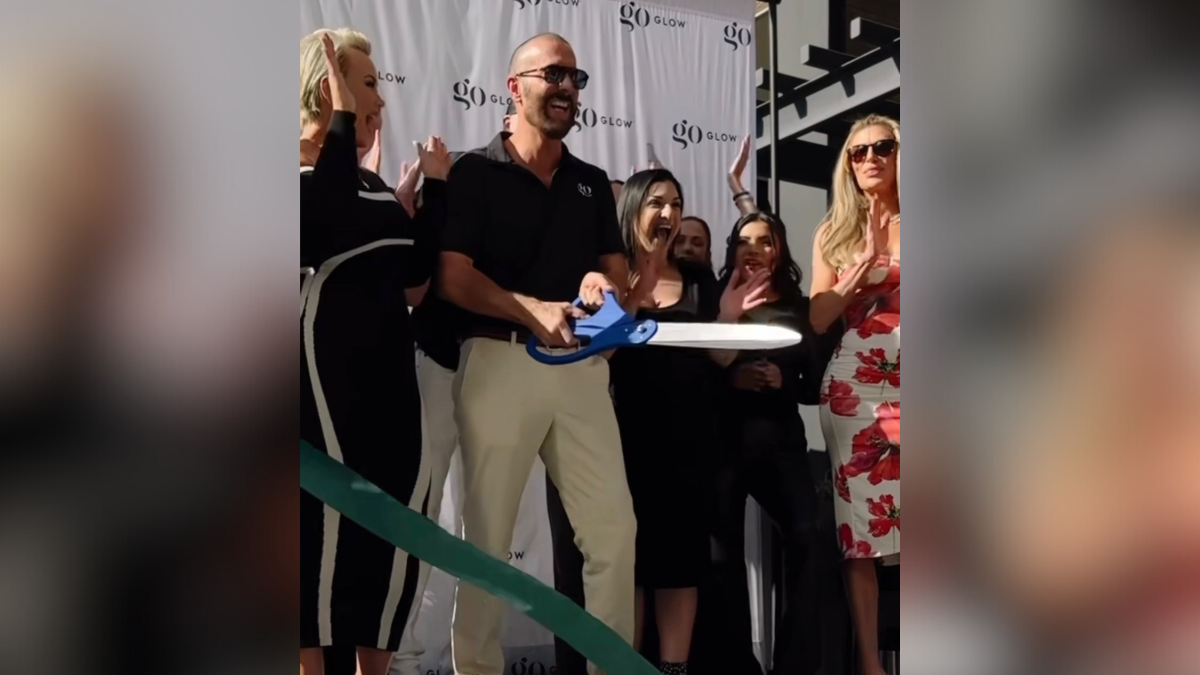How Stars Choose Their Brands and What’s Behind These Endorsements

Feb. 20 2025, Published 2:00 a.m. ET
In celebrity endorsements, the relationship between stars and brands is complex and highly strategic. Celebrities don’t just lend their names to products—they carefully choose which brands to associate with based on a variety of factors. Bad products can severely damage the reputation of the celebrity that became the face of it. However, good ones can boost their reputation even higher.
Authenticity and Personal Connection
Stars aim to align themselves with products that reflect their personal values and lifestyles. If a celebrity is passionate about fitness, they are more likely to endorse a health-related brand or fitness apparel line. This alignment helps maintain their credibility with fans, who are quick to notice insincerity. If you were to see Drake enforcing some of the best online casinos in the world, this would be on par with his lifestyle, as he is known for enjoying this form of entertainment.
In a real-life example, Selena Gomez’s partnership with Puma reflects her love for active living. By endorsing a brand that resonates with her interests, she reinforces her public image while promoting a product that feels genuine. Fans are more likely to trust such endorsements because they see them as an extension of the star’s real-life persona.
Celebrities also conduct thorough research before committing to endorsement deals. They need to be sure that the brand's values align with their own and that the partnership won’t harm their reputation. In an era where social media amplifies every misstep, authenticity is critical.
Audience Demographics and Market Reach
Stars evaluate whether endorsing a product will resonate with their followers, as this alignment increases the likelihood of a successful campaign.
Brands often provide detailed audience data when approaching celebrities for endorsements. For instance, Dwayne "The Rock" Johnson’s partnership with Under Armour capitalized on his fitness-focused fanbase, making it a natural fit. By aligning with brands that cater to their audience’s interests, celebrities can maximize the impact of their endorsements.
Additionally, stars assess how endorsing a particular brand might elevate their own profile. A successful collaboration can boost their industry clout and attract future opportunities. Aligning with well-established brands often provides long-term benefits for both parties.
Financial Incentives and Contract Terms
Celebrities negotiate contracts that reflect their star power and the potential return on investment for the brand.
Endorsement deals vary widely in compensation. High-profile stars can command millions for a single campaign while emerging talents might accept smaller fees or equity stakes in exchange for long-term benefits. For instance, Kim Kardashian has structured many endorsement deals to include profit-sharing arrangements, allowing her to benefit directly from product success.
Contract terms also influence decisions. Celebrities often seek clauses that grant them creative control over how they’re portrayed in campaigns or stipulate exclusivity by preventing them from endorsing competing brands during the contract period. These details reassure that partnerships align with their professional goals without compromising their public image.
Brand Reputation and Public Image
Celebrities want to partner with companies known for ethical practices and positive public perception. Associating with a controversial or poorly regarded brand can tarnish their image and alienate fans.
For example, when Ellen DeGeneres faced backlash over allegations about her show’s workplace culture, several brands reconsidered partnerships with her. Stars are acutely aware of how quickly public sentiment can shift, so they conduct due diligence before signing deals.
Many celebrities also focus on social responsibility when choosing brands to endorse. Companies committed to sustainability or charitable initiatives often appeal to stars who want to align themselves with meaningful causes. This trend reflects broader consumer preferences for ethical brands and allows celebrities to reinforce their values through endorsements.
Social Media Influence
Social media has revolutionized how celebrities approach endorsements. Platforms like Instagram, TikTok, and Twitter allow stars to promote products directly while gauging audience reactions in real-time.
Celebrities analyze metrics like likes, shares, and comments to determine how well potential endorsements might resonate with fans. Positive feedback can encourage them to move forward with a deal, while lukewarm responses may prompt reconsideration.
For instance, Ariana Grande effectively used Instagram to promote her fragrance line before its official launch. By sharing behind-the-scenes content and interacting directly with fans about the product’s development process, she built anticipation while gauging interest—an approach that paid off when the fragrance became a commercial success.
Many stars also collaborate closely with brands on social media campaigns tailored specifically for their followers. These campaigns allow celebrities to maintain creative control over how they present products while making sure that promotions feel authentic and relatable.

The Role of Influencer Agencies
As celebrity endorsements have evolved, many stars now work through influencer marketing agencies specializing in connecting them with suitable brands. These agencies streamline the process by identifying partnerships based on compatibility between celebrities and companies.
Agencies conduct extensive research on both parties—analyzing audience demographics, market trends, and engagement rates—to secure successful collaborations. They also negotiate contracts on behalf of celebrities while managing expectations from brands regarding deliverables and timelines.
For example, an agency might connect an emerging actor passionate about sustainable living with an eco-friendly clothing line looking for fresh representation. This strategic matchmaking benefits both parties: the celebrity gains exposure while promoting values they care about, and the brand taps into an audience eager for authentic representation.
These agencies have become indispensable in today’s endorsement ecosystem by securing that partnerships feel organic rather than transactional—a crucial factor in maintaining credibility in an increasingly skeptical market.
The information provided in this article is for general informational purposes only. Gamble or play responsibly. If you or someone you know has a gambling problem, help is available. Call 1-800-GAMBLER. If you’re in the U.K. and need help with a gambling problem, call the National Gambling Helpline on 0808 8020 133 or go to gamstop.co.uk to be excluded from all UK-regulated gambling websites. We disclaim any liability for any loss or damage arising directly or indirectly from the use of, or reliance on, the information presented.


